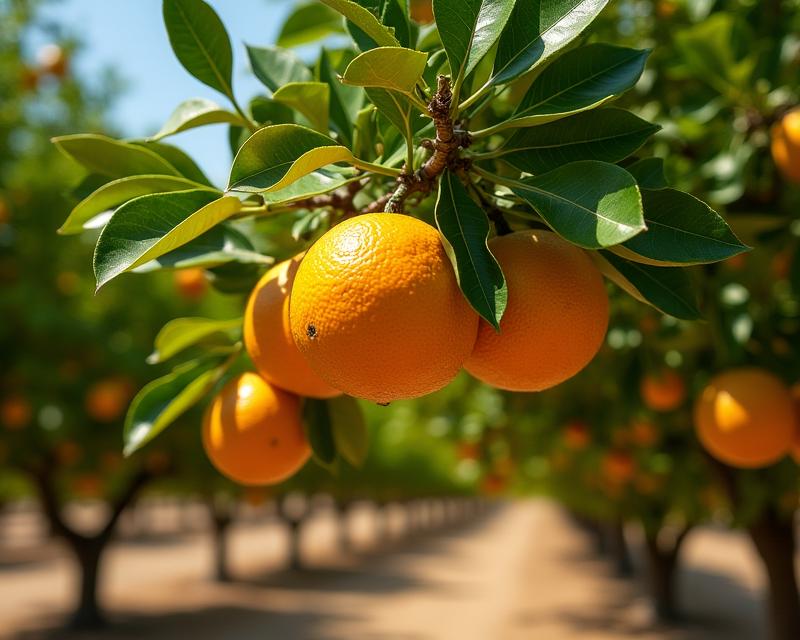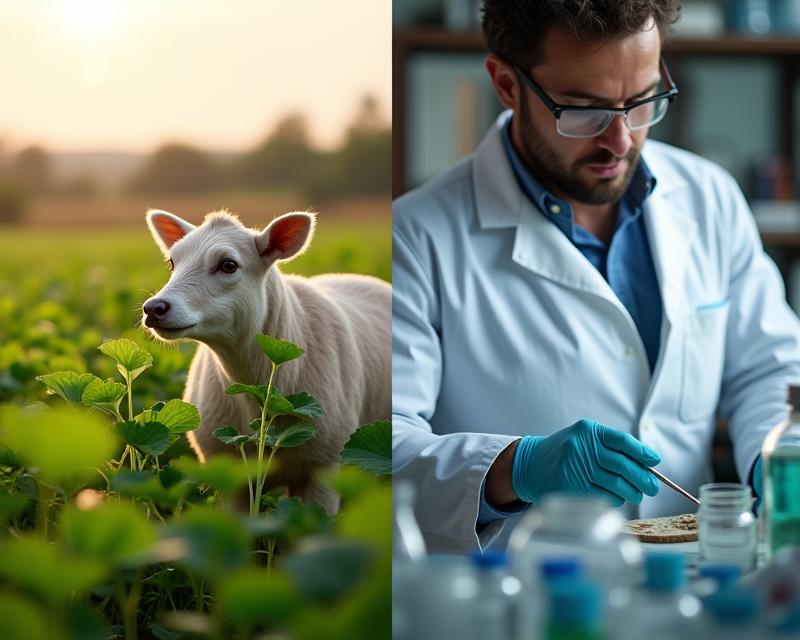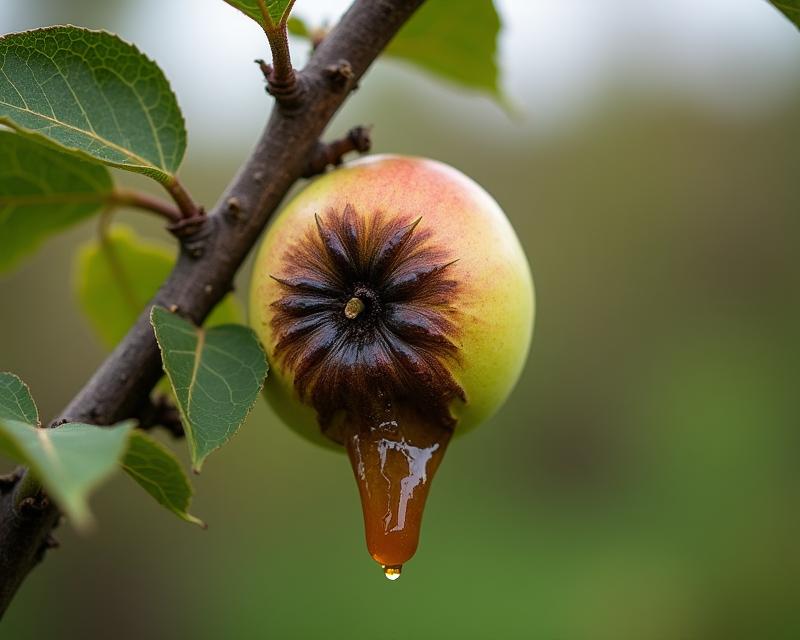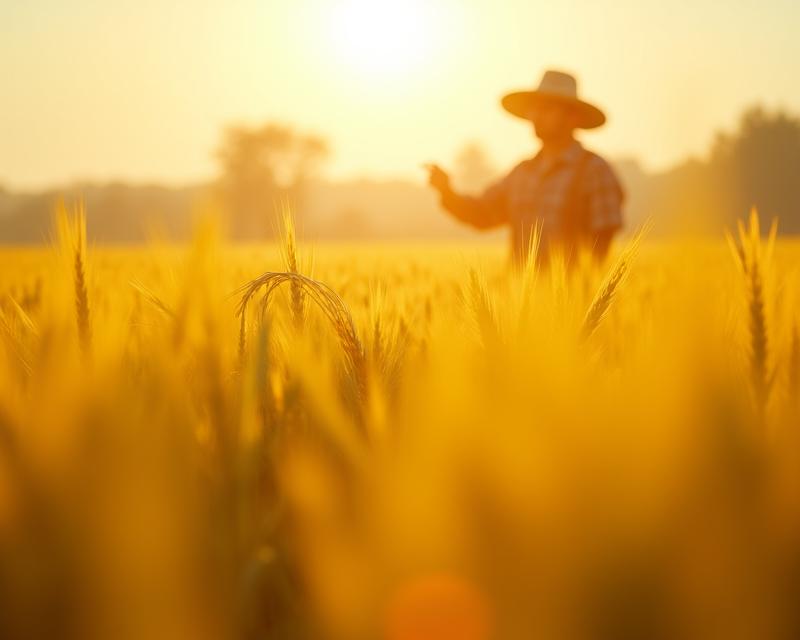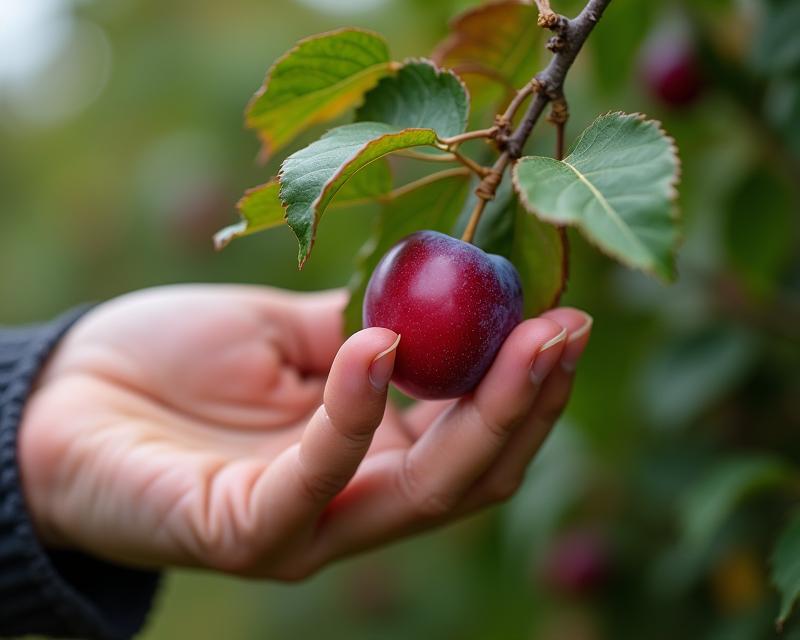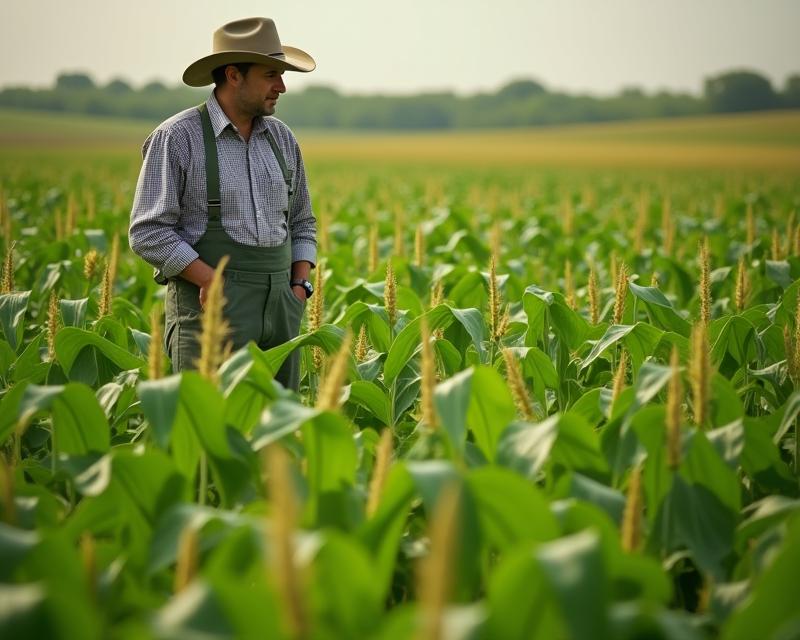Crop Innovation: GMOs & Hybrid Seeds
Publish in Crops el 01/07/2025 02:59
Crop Innovation: GMOs & Hybrid Seeds
Hey everyone! Farming is constantly evolving, and one of the biggest drivers of change is innovation. Today, we're diving into two key areas that are significantly impacting crop performance in farm belts across the country: Genetically Modified Organisms (GMOs) and hybrid seeds. These aren't just buzzwords; they represent real advancements that can boost yields, improve resilience, and ultimately, help you get more out of your land.

Understanding GMOs
GMOs, or Genetically Modified Organisms, involve directly altering a plant's genetic material to enhance certain traits. Think of it like carefully tweaking a recipe to make it even better! This can mean making crops resistant to pests, tolerant to herbicides (helping with weed control), or even increasing their nutritional value. For example, insect-resistant corn reduces the need for insecticide spraying, which is better for the environment and can save you money. It's a complex topic, and there's a lot of information out there, but the core idea is targeted improvement through genetic modification.
The Power of Hybrid Seeds
Hybrid seeds have been around for a while, but they continue to improve. They're created by crossing two different parent plants with desirable traits. The result is often a plant that's stronger, more productive, and more resistant to disease than either parent. Hybrid varieties are commonly used for corn, soybeans, and many other crops. The key benefit is *heterosis*, which means the offspring are stronger than their parents! This translates to higher yields and better overall performance. You'll often see 'HYBRID' clearly marked on seed bags.
What Does This Mean for You?
Both GMOs and hybrid seeds offer significant advantages. GMOs can reduce input costs (like pesticides) and increase yields, while hybrid seeds often provide a boost in productivity and resilience. It's important to research which options are best suited for your specific crops, climate, and farming practices. Talk to your local agricultural extension office or seed supplier – they can provide valuable insights and recommendations. Ultimately, understanding these innovations can empower you to make informed decisions that improve your farm's profitability and sustainability. The future of farming is about embracing advancements that help us produce more food with fewer resources.
Disclaimer: This article provides general information and should not be considered definitive advice. Always consult with agricultural professionals for specific recommendations tailored to your farm.
